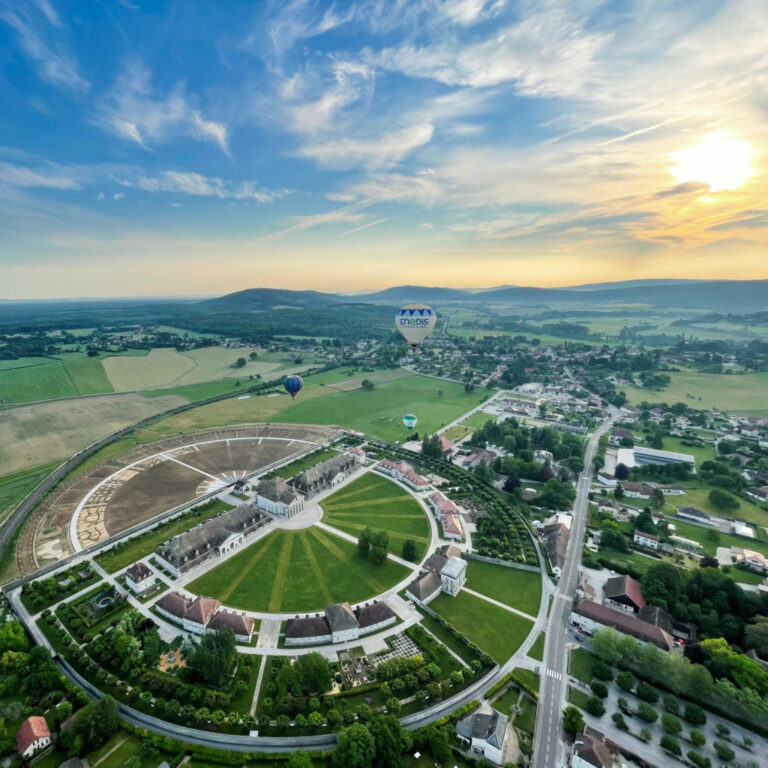Dear Colleagues,
As you may have noticed our annual event was missing during the last two years, for obvious reasons.
We now have the pleasure to disclose the details of the next edition!
The 3rd « Symposium on Acoustic Metamaterials » (SAM) will be held from 19th to 21st October 2022 in Nîmes (France), organised by YRAM (Young Researchers in Acoustic Metamaterials).
The Symposium on Acoustic Metamaterials is mainly targeted to Early Career Investigators, PhD candidates, as well as to anyone wishing to learn more about acoustic and elastic metamaterials. SAM aims at sharing new advances and breakthroughs, as well as fostering the community of young researchers in the field of acoustic metamaterials. The 3rd SAM will be organised around 6 different sessions comprising 20 min talks and 5 plenary lectures.
Plenary speakers:
- Prof. Romain Fleury (EPFL, Switzerland)
- Dr. Gaëlle Poignand (LAUM, France)
- Prof. Elke Deckers (KU Leuven, Belgium)
- Dr. Noé Jiménez (UPV, Spain)
- Prof. Corentin Coulais (UVA, Netherlands)
Topics covered by the Symposium are listed below but are not restricted to:
– Acoustic/elastic metamaterials and phononic crystals
– Acoustic/elastic metasurfaces
– Non-reciprocal manipulation of acoustic/elastic waves
– Acoustic/elastic meta-devices based on transformation acoustics, parity-time symmetric acoustics, topological acoustics
– Novel physical concepts for harnessing acoustic/elastic waves
– New applications of metamaterial-based functional devices for acoustic sensing, cloaking, imaging, absorption, energy harvesting, etc.
Different social events and dissemination activities will be organised during the Symposium (a scientific concert, visit of Nîmes Arena, extra-day visit to Aigues-Mortes close to the Natural Parc of Camargue).
Participation fee for presenters/attendees at the Symposium is €250.00. This fee covers all 3 lunches + morning and afternoon catering + Thursday’s guided tour of Nîmes Arena from 19th Oct 2022 to 21st Oct 2022.
Registration is mandatory before submitting the abstract. Registration should be completed online before 8th October 2022. Please find enclosed the flyer of the event.
Abstracts submission should be performed simultaneously with the registration before 31st August 2022.
For more information, see the SAM website.
Looking forward to seeing you in Nîmes!
The Organising Committee
YRAM
Matthieu Malléjac (EPFL, CH)
Théo Cavalieri (EMPA Zürich, CH)
Eric Ballestero (LAUM, UMR CNRS 6613, FR)
Giulia Aguzzi (ETH Zürich, CH)
Yang Meng (LAUM, UMR CNRS 6613, FR)
Louise Le Ridant (LAUM, UMR CNRS 6613, FR)
Aleksi Bossart (EPFL, CH)
Xinxin Guo (EPFL, CH)
Antoine Demiquel (LAUM, UMR CNRS 6613, FR)
Maxime Lanoy (LAUM, UMR CNRS 6613, FR)
Joseph Beadle (Exeter University, UK)
—
—————–
YRAM network yram.contact@gmail.com
https://yram.org
Follow us onFacebook: www.facebook.com/YoungResearchers.in.AcousticMetamaterials
Twitter: www.twitter.com/YRAM_network
LinkedIn: www.linkedin.com/groups/13567406

